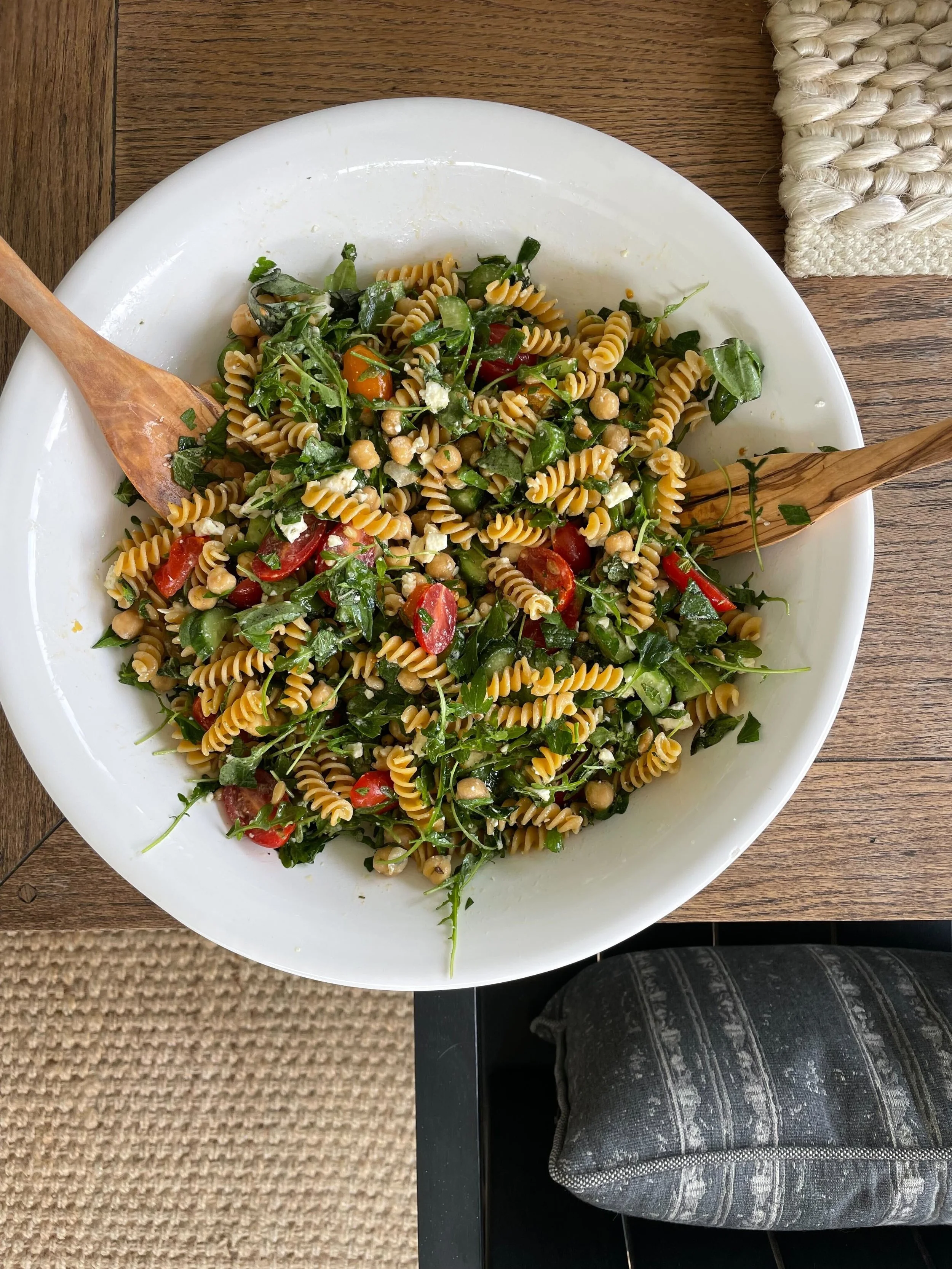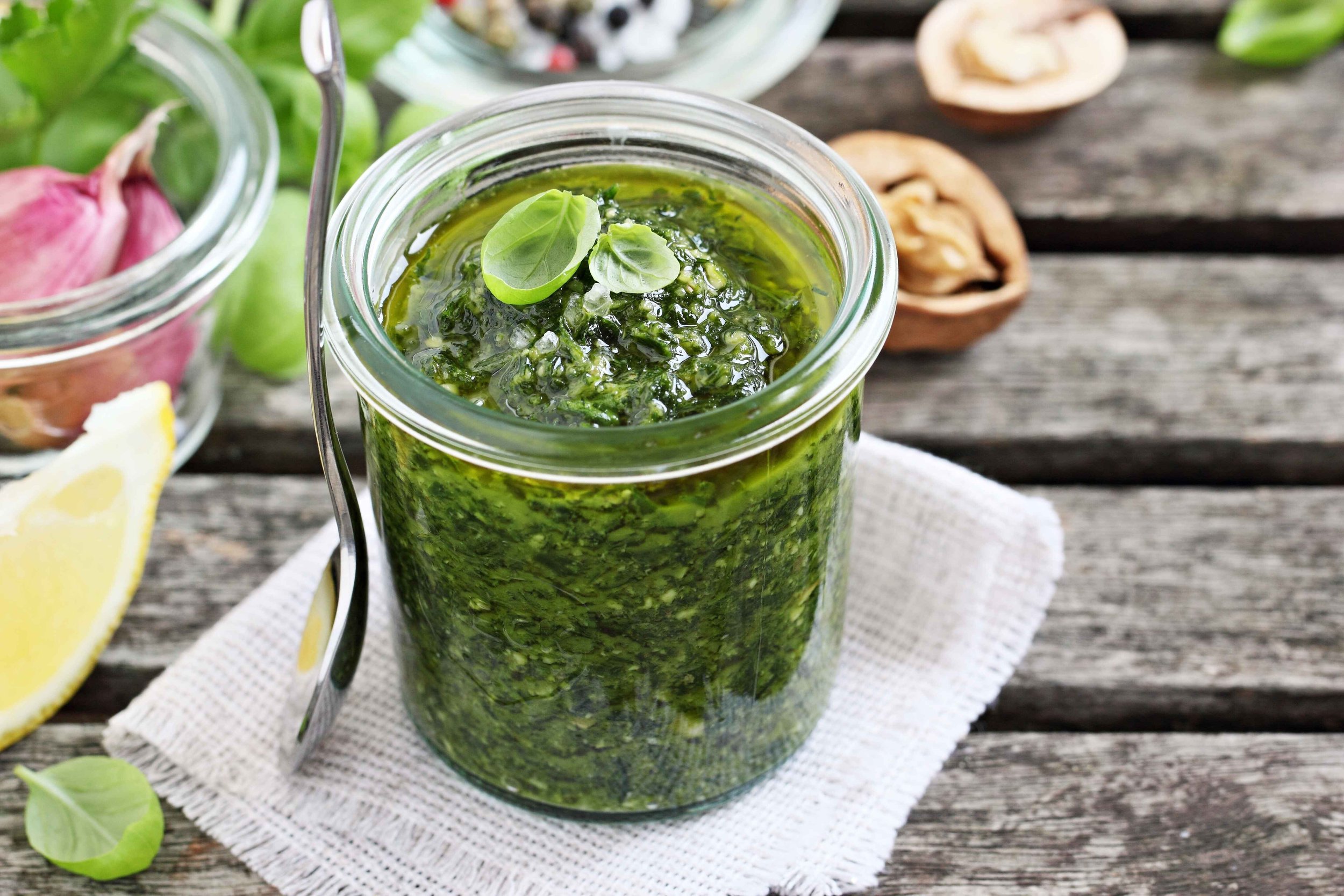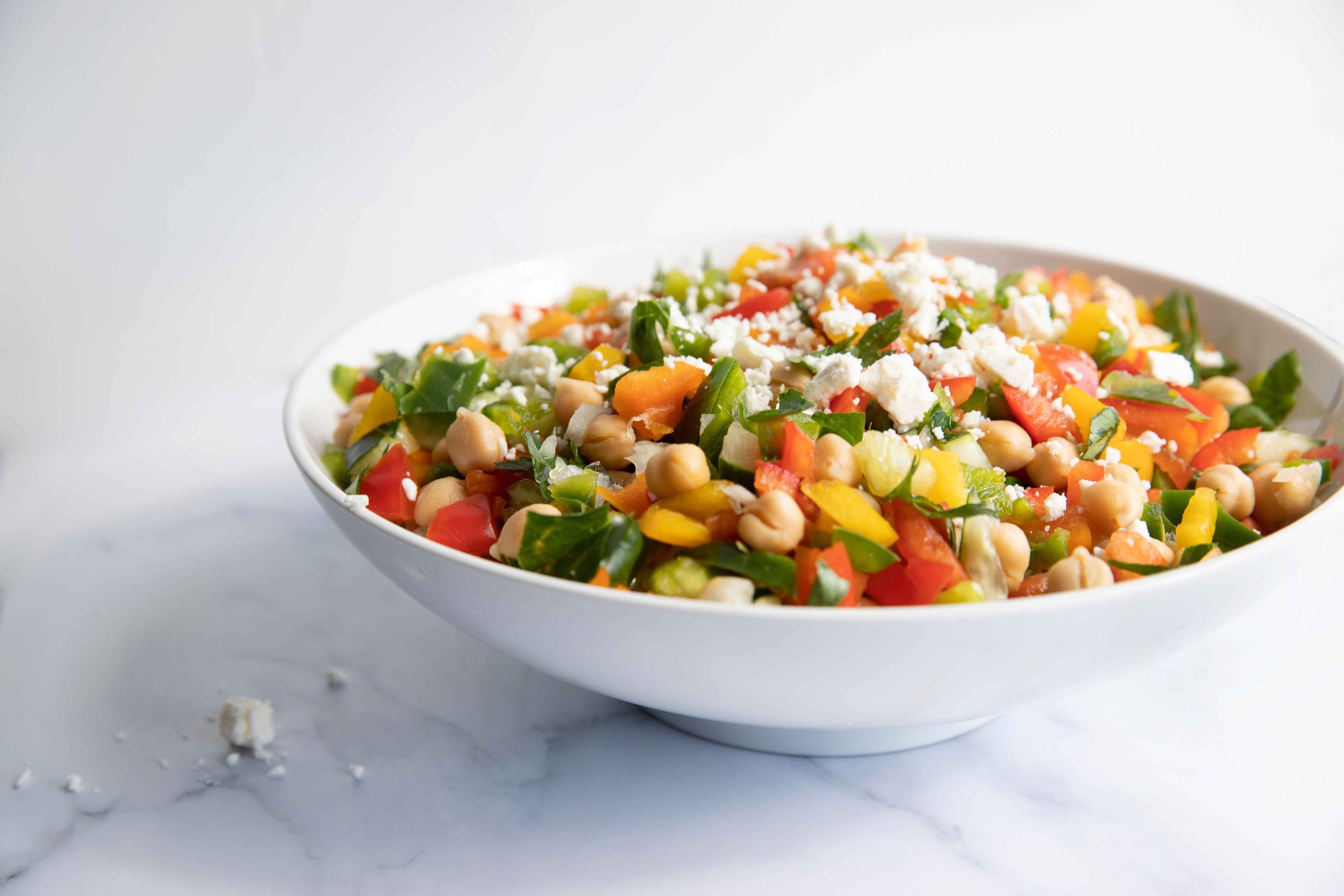What is a Mediterranean Diet? A Complete Guide to Health Benefits and Recipes of a Mediterranean Diet for Those Over 50
What is a Mediterranean Diet?
Several decades ago, scientists realized that people in certain parts of the world had a much longer life expectancy than others. In particular, Mediterranean countries such as Greece, Spain, Morocco, and Lebanon seemed to have lower rates of cardiovascular disease and obesity than Western countries. It turns out that the traditional cuisines in these regions are the source of many of these health benefits. The Mediterranean diet is now recommended by doctors for its many health benefits, including healthy blood sugar levels, lower risk of heart disease, and better cognitive function. It’s especially beneficial for those over 50.
What Do You Eat in a Mediterranean Diet?
Plant based foods and healthy fats are at the center of the Mediterranean diet. This diet uses extra virgin olive oil as the primary cooking fat (i.e., instead of butter or vegetable oil). Extra virgin olive oil contains healthy fats and antioxidants that keep the body healthy and lower risk for heart disease. Other key features of the Mediterranean diet include:
Plenty of plant based foods, including vegetables and fresh fruit. Focus on eating fruits and vegetables from across the color spectrum to get a range of essential nutrients.
Focusing on whole grains rather than refined grains.
Eating fish at least 1-2 times per week, especially fish rich in omega 3 fatty acids, a key type of healthy fats.
Eating legumes and lentils as a protein source. Nuts are another good source of protein and healthy fats. These nutrient dense foods also make you feel fuller for longer.
Limited red meat. Poultry is preferred over red meat.
Moderate amounts of cheese and yogurt.
Very limited sweets or foods with sugar added.
A moderate amount of wine with meals. The general recommendation is no more than 1 glass per day for women or 2 glasses per day for men. However, if you don’t already drink, there is no reason to start while on the Mediterranean diet.
Health Benefits of the Mediterranean Diet
The Mediterranean diet brings with it a range of health benefits. One of the biggest benefits is lower risk for cardiovascular disease, including high blood pressure and heart attacks. The use of whole grains, plant based foods, and healthy fats are likely the reason this diet is so heart healthy. Other health benefits include:
Maintaining a healthy body weight
Lowering cholesterol levels
Lowering risk for metabolic syndrome
Reduced risk for certain types of cancer
More balanced gut microbiome, which can improve overall well-being
Lower risk for Alzheimer’s disease and cognitive decline. The healthy fats and rich antioxidants in this diet support brain health.
Maintaining healthy blood sugar levels
A Few of Our Favorite Mediterranean Recipes
Mediterranean Diet Pasta Salad
This delicious pasta salad brings the best flavors of the Mediterranean diet to your table. In addition to grain free pasta, it includes cherry tomatoes, chickpeas for protein, arugula, cucumbers, feta cheese, and a variety of fresh herbs. The pasta salad is dressed with a vinaigrette made from extra virgin olive oil, lemon, Dijon mustard, garlic, and dried herbs. Plus, it comes together in less than 30 minutes, making it a fantastic weeknight meal option that lowers risk for cardiovascular disease.
Pesto Chicken Bruschetta
This bread-free bruschetta recipe uses delicious grilled or baked chicken breasts as a base. Making your own homemade basil pesto is easy – just mix basil leaves, pine nuts, parmesan cheese, garlic, and extra virgin olive oil in a food processor. After cooking the chicken with melted mozzarella on top, they’re topped with a fresh mix of cherry tomatoes, garlic, salt, pepper, extra virgin olive oil, vinegar, lemon juice, and basil. Serve this pesto chicken bruschetta with fresh fruit for dessert for the ultimate Mediterranean diet meal.
Greek Baked Stuffed Tomatoes
These baked stuffed tomatoes are another easy weekday meal. After hollowing out large tomatoes, their centers are mixed in a food processor with olive oil, balsamic vinegar, and Italian seasoning. Meanwhile, you can brown ground beef (or substitute ground chicken or turkey) with onion, garlic, and black pepper. Cooking cauliflower rice with the tomato pulp-olive oil mixture adds delicious flavor and creates a hearty base with which to stuff the tomatoes. The cauliflower rice is low carbohydrate, promoting healthy blood sugar levels. The stuffed tomatoes are then cooked in the oven until hot and bubbling. It’s a fresh yet hearty meal.
Mediterranean Diet Chickpea Salad
Once you try this chickpea salad recipe, you’ll put it in your regular rotation. Plus, the leftovers make great weekday lunches. Simply mix chickpeas, diced red onion, parsley, three bell peppers (yellow, red, and green), and cucumber in a large bowl. Add crumbled feta cheese. Then, whisk together a vinaigrette with extra virgin olive oil, red wine vinegar, garlic, oregano, salt, and pepper. Toss to combine. This makes the perfect salad on its own, but it is also fantastic as a filling for whole-wheat pita pockets.
Continue Your Health Journey with Mighty Health
At Mighty Health, we know that following the Mediterranean diet is just one part of a healthier lifestyle that can promote health benefits as you age. We have an extensive library of Mediterranean diet recipes to get you started, as well as other low carb and heart healthy recipes. We believe that there’s not one approach to diet and exercise that works for every single person, so your own personal health coach can help you choose a nutrition plan that is right for your goals. Download our app and get started with Mighty Health today!






